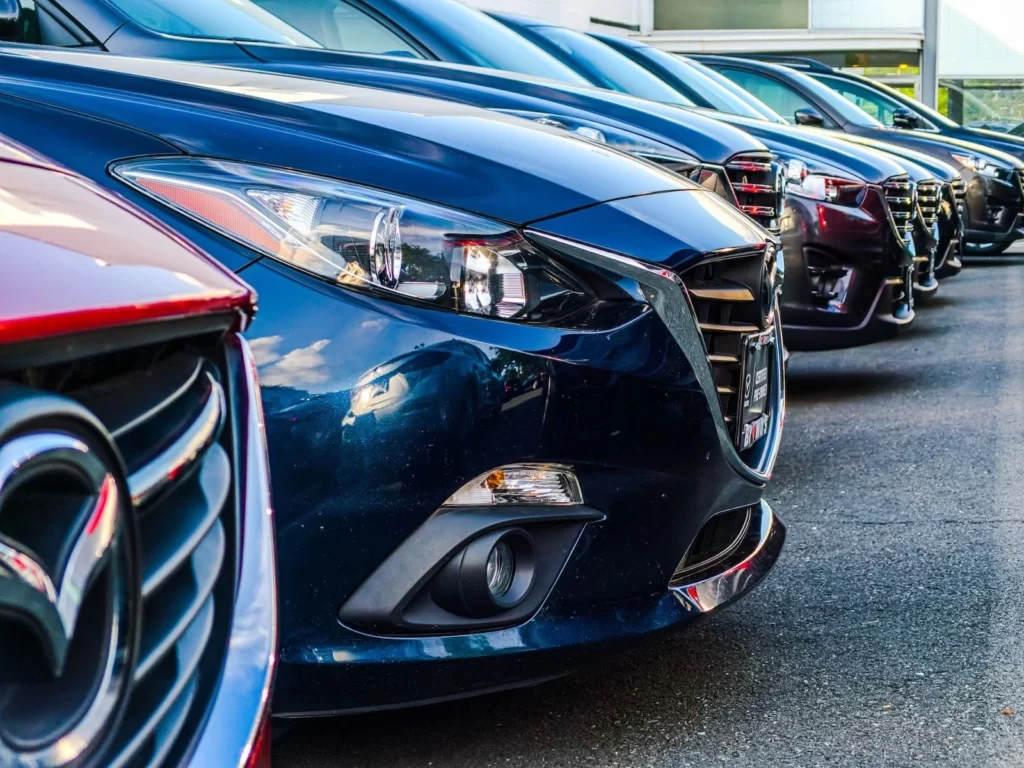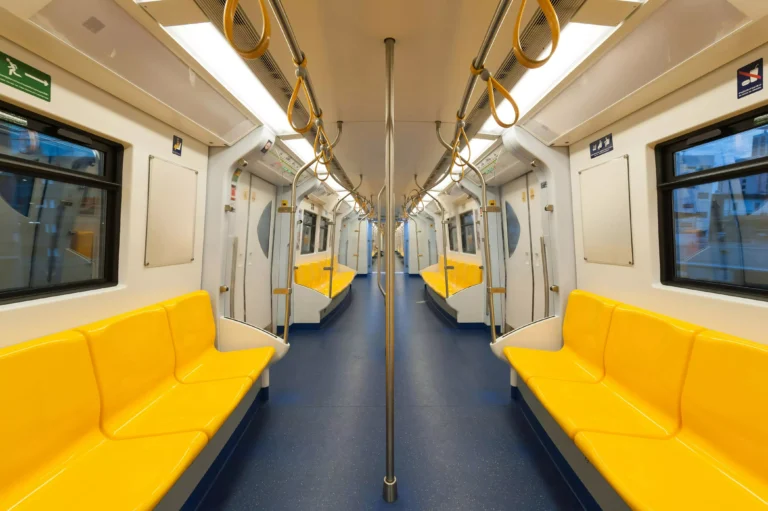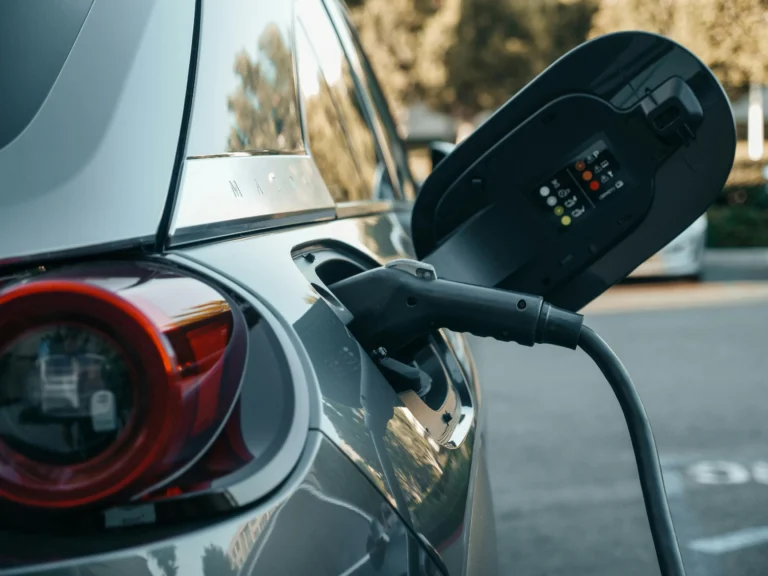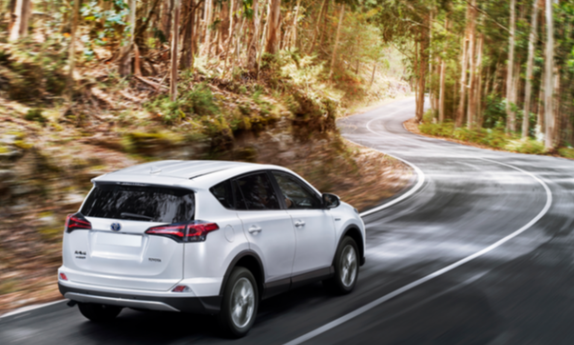Depreciation and Insurance: How Reliable Cars Hold Their Value

Recent Statista research indicates a noteworthy increase in global car sales, reaching around 67.2 million automobiles in 2022 compared to the 66.7 million cars sold in 2021. Amid the pursuit of acquiring your dream vehicle, numerous considerations come into play. In this decision-making process, two pivotal factors take center stage: depreciation and insurance.
Insurance safeguards against unforeseen events, while depreciation dictates the enduring value of a vehicle. An intriguing connection emerges between these elements, underscoring that the reliability of a car plays a vital role in counteracting depreciation. This relationship adds a nuanced layer to the multifaceted decision-making process when selecting the ideal vehicle.
In this article, we will delve into the dynamics of depreciation and insurance, exploring how reliable cars manage to hold their value over time.

Contents
Finding a Reliable Car in Your Area
Finding a reliable car in your vicinity involves a tailored search that considers local availability and preferences. Begin by exploring nearby dealerships and online marketplaces, using search filters to highlight reliability ratings and customer reviews.
For instance, if you live in Canada, you’ll need a car that’s tailored for Canadian terrain and weather, and you can begin your search online by looking for the most reliable cars in Canada. Engaging with the local automotive community through forums or social media can yield valuable insights into the performance of specific models in your area.
Additionally, visiting reputable auto shows or dealerships allows you to personally assess and test drive cars you are interested in. By combining online research with local knowledge, you can identify a reliable car that not only meets your preferences but is also readily accessible in your immediate vicinity.
The Depreciation Dilemma
Depreciation, characterized as the organic reduction in a car’s value over time, is influenced by variables like age, mileage, and overall condition. Still, the pace of depreciation is not uniform across all vehicles.
Cars esteemed for their reliability and acknowledged for their durability and long-lasting performance generally undergo a more gradual depreciation compared to their less resilient counterparts. This trend can be attributed to the perception that a reliable car constitutes a more secure investment, given its lower likelihood of incurring expensive repairs or experiencing breakdowns.
Reliability and Resale Value
A reliable car often commands a higher resale value in the used car market. Car buyers are willing to pay a premium for a vehicle that is known for its dependability.
Brands with a reputation for producing reliable models, such as Toyota and Honda, consistently enjoy higher resale values. This connection between reliability and resale value creates a positive cycle for manufacturers who prioritize building cars that stand the test of time.

The Role of Insurance in Depreciation
Insurance is a crucial aspect of car ownership, providing financial protection against accidents, theft, and other unforeseen events. The relationship between insurance and depreciation lies in the repair and replacement costs covered by insurance policies.
A reliable car, with its lower likelihood of requiring major repairs, may result in lower insurance premiums. Additionally, insurance companies may offer better coverage terms for reliable cars, further enhancing their overall value.
Maintenance Matters
Maintaining a car regularly is essential for upholding its reliability and has a direct impact on its depreciation rate. Well-maintained cars not only demonstrate greater reliability but also tend to preserve their resale value more effectively.
Prospective buyers frequently show a willingness to invest more in a used car with a thorough maintenance history, finding assurance in the vehicle’s proper care. This aspect, consequently, has repercussions on insurance expenses, as well-maintained cars are associated with a reduced likelihood of encountering substantial issues leading to insurance claims.
Technology and Longevity
Advancements in automotive technology have a dual impact on depreciation and insurance. Cars equipped with cutting-edge safety features and advanced engineering are perceived as more reliable, contributing to slower depreciation.
Additionally, these technologies often lead to lower insurance costs due to decreased accident risk and improved safety ratings. The integration of autonomous driving features and other innovations further enhances the appeal of technologically advanced, reliable cars on the market.
Bottom Line
In conclusion, the relationship between depreciation and insurance is complex, with the reliability of a car playing a pivotal role in shaping both of these factors. Reliable cars, known for their durability and dependability, tend to experience slower depreciation and attract lower insurance costs. The positive correlation between reliability, resale value, and insurance premiums creates a symbiotic relationship that benefits both car manufacturers and buyers.
As technology continues to advance and consumer preferences evolve, the connection between a car’s reliability and its financial aspects will likely become even more pronounced in the automotive landscape. For consumers, understanding this relationship can inform smarter purchasing decisions, ensuring that the investment in a reliable car pays dividends not only in longevity but also in sustained value.
Read Also Buy Used Cars For Sale





